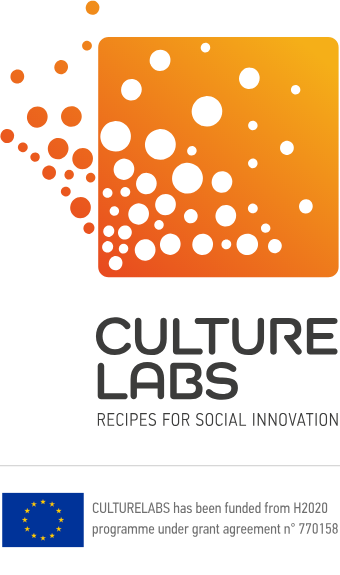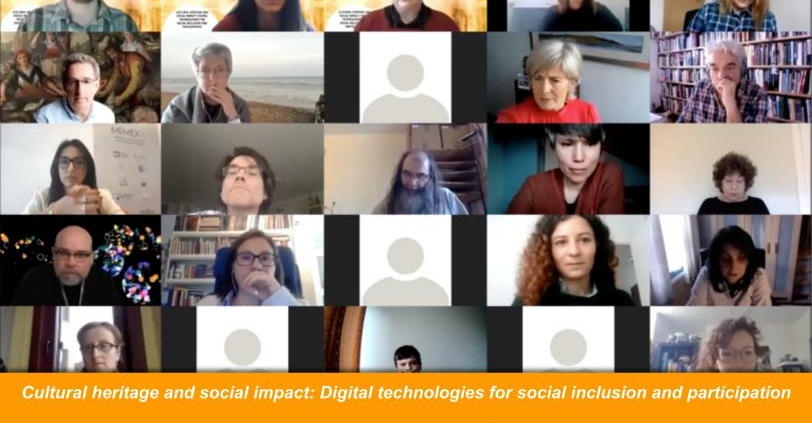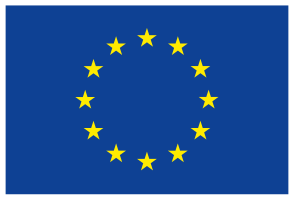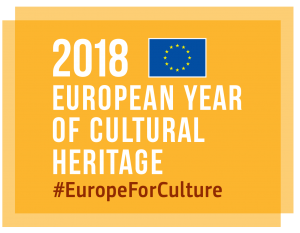In February, CultureLabs hosted a free one-day symposium entitled: “Cultural heritage and social impact: Digital technologies for social inclusion and participation.” The free event took place online and attracted over 100 attendees from across the globe.
Organised by consortium partners Danilo Giglitto, Eleanor Lockley (Sheffield Hallam University); Eirini Kaldeli (ICCS, National Technical University of Athens), and Luigina Ciolfi (University College Cork and Sheffield Hallam University), the symposium featured twelve presentations by academics, researchers, and practitioners exploring how digital technologies can support institutions to become more connected and open to different communities in CH-related settings, and considered the challenges and opportunities brought forward by digital interactions in different settings.
The videos for the event are now available and are divided into four topics:
Engagement of Disadvantaged and Marginalised Communities:
- Gillian Robinson Conflict Textiles Live Collection
- Vanessa Cesário MEMories and EXperiences for inclusive digital storytelling (MEMEX)
- Tanis Grandison Unpacking Meaning of Place Through Creative Technology
The first set of presentations showcased cultural heritage work aimed at people who are at risk of social exclusion. Robinson et al. (Ulster University) show how existing collections of textiles can be used for people to tell their stories of conflicts but furthermore how examples of social inclusion have been achieved through online dissemination during Covid. Grandison (Edinburgh Napier University) describes a co-produced Digi-Mapping project with an Edinburgh arts organisation with primary school children from multiple deprived areas. Whilst Cesário (Interactive Technologies Institute – LARSyS) illustrates examples from the MEMEX project to promote social cohesion through collaborative, heritage-ICT related tools.
Inclusion and Cultural Heritage Institutions:
- Lara Perry Digital prospects for inclusive civic museums
- Elisa Bonacini The #iziTRAVELSicilia participatory project
- Jonas Van Mulder ANGLES – Engaging Multiple Perspectives for Reapproaching and Reappropriating Colonial Audio-Visual Archives Preserved at KU Leuven
The second set of works focus around digital cultural heritage for institutions. Perry (University of Brighton) provides an overview of her work called Digital Prospects for Inclusive Civic Museums UK-US collaboration, which explores digital interfaces for smaller museums. Whilst Bonacini (Universidad de Cordoba) details the #iziTRAVELSicilia project, which focuses upon participatory strategies and co-production of museum audio-guides and city audio-tours published within a large regional-scale process. Van Mulder et al. (KU Leuven) present ANGLES, which aims to create space for collaborative reflection about the future of colonial archives held at KU Leuven.
Digital Innovation in Cultural Heritage Practices:
- Daniel J. Finnegan Game and Play: A Gateway to the Past?
- Alan Dix Democratising Digitisation: Empowering Culture From the Community Up
- Vendela Grundell Gachoud Metadata as a Diversity Tool: Sámi Traces in Institutional Archives Online
The third theme illustrates examples of digital innovation in relation to their impact upon cultural heritage practices. Finnegan et al. (Cardiff University / Echo Games) provide an overview of three case studies which illustrate how games can encourage strangers, young and old, to play together and reflect on cultural heritage (e.g. past events) through roleplay and adversarial engagement. Whilst Dix et al. (Swansea University) describe new work focused on local musical society archives in Yorkshire and Belfast and also the locally-based audience communities at university venues in York and Illinois which highlights new modes of scholarship rooted in models of social capital and common ownership. Complimenting these, Gachoud (Stockholm University) talks about ‘The Politics of Metadata’ which explores how metadata affects cultural heritage institutions’ image collections online; using Sami images from the Swedish National Heritage Board, the study focuses on how metadata affects diversity within a framework of democracy and identity formation.
Cultural and Digital Heritage Educational opportunities:
- Sally McHugh Learningful Play: Exploring the design of technology, learning and play to enhance children’s engagement with cultural heritage in schools and Museums
- Sara Eloy Inclusive E-Learning to Understand Collective Memories and Identify New Uses of African Plantations Heritage (Recording not available)
- Betül Gaye Dinç Interacting with Museum Content Through Picturebooks: A Study of Children’s Engagement with Orientalist Paintings in Pera Museum, Istanbul
The final theme looks at the educational opportunities for digital cultural heritage. McHugh (National University of Ireland, Galway) presents a Technology-enhanced Cultural Heritage Education (TECHe) learning model to improve children’s engagement with their local heritage and places. Dinç et al. (Koç University) follows by showcasing their study which investigates the possibilities of an interactive picturebook prototype in fostering children’s exposure to artworks featured in a permanent exhibit presenting historic and cultural content.
The event also featured a keynote talk by Dr Jenny Kidd of Cardiff University, entitled ‘Museums, Social Media and Participation in Times of Crisis’. Kidd presents an analysis of the Twitter data shared across two hash tags – #CultureinQuarentine and #Museumathome – to better understand the parameters of engagement between the public and cultural institutions during the crisis caused by the global Covid-19 pandemic.
Watch the recorded presentations here or read the list of abstracts.





